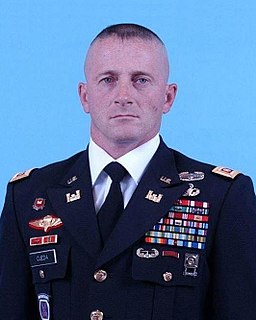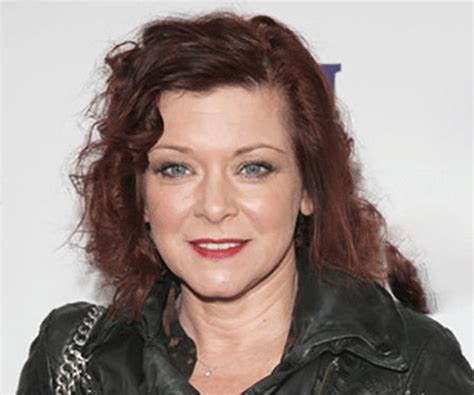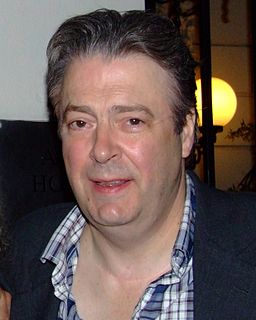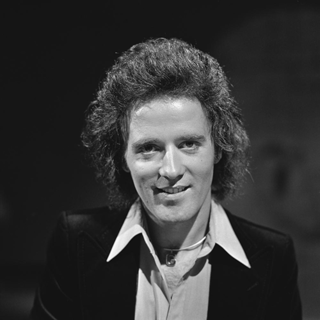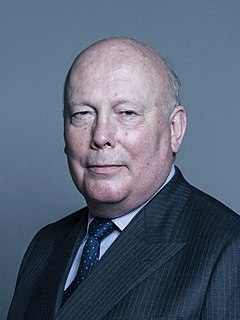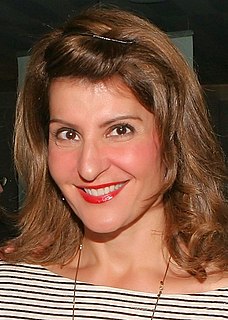A Quote by Walter Dean Myers
I came to Harlem from West Virginia when I was three, after my mother died. My father, who was very poor, gave me up to two wonderful people, my foster parents.
Related Quotes
My father died at 42, of a heart attack. My mother was 32 then. She never wanted to be a victim. And that really resonated as a nine-year-old child. And one of the most revealing things was, very soon after my father died - he was in real estate and he owned some modest buildings - they came to my mother, the men that worked for him, and they said, "You don't have to worry. We will run the business and we will take care of you." And my mother said, "No, you won't. You will teach me how to run the business and I will take care of it and my children."
I was one of six children, brought up by my mother in Swindon after my father died. We had all we needed - food on the table, clothes to wear. When I wanted a drum kit, my mother got me one. When I got into playing guitar, I came down one Christmas or birthday and there was a guitar for me. It amazes me how Mum managed to do it.
It's also hard for me to understand growing up not knowing where I came from. I searched for my parents - I started when I was twenty; I found both my mother and my father when I was twenty-two. Trying to catch up on twenty-two years that we can never get back, trying to reconcile that - that's a hard thing for me.
Although my father's mother, Nancy, has dementia, and her experiences gave me ideas for some of the scenes in the book, it was my mother's mother, Vera, who most influenced the character of Maud. Vera died in 2008, before I'd gotten very far into writing 'Elizabeth Is Missing,' but her voice is very like Maud's.
Three thousand people died at ground zero. Their families are entitled to a little bit of respect, to respect the memory of those poor people that died there. And how about the families of all those soldiers that died in the two ensuing wars? Aren't they entitled to a little bit of respect - the kids, the wives, the parents?


